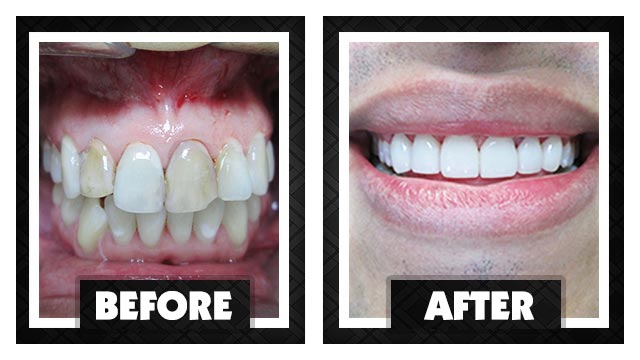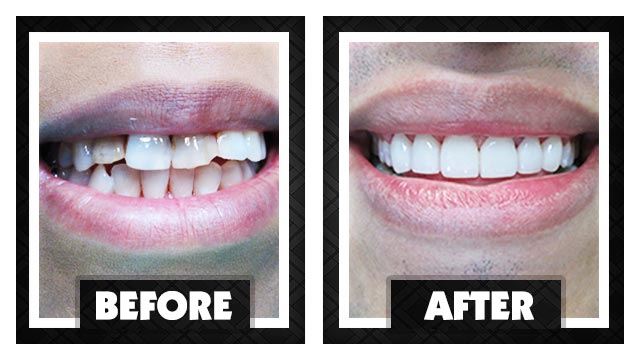Dental Implants Q & A
What are dental implants and how they work?
Dental implants offer permanent replacement of one or more missing teeth. The process begins with a comprehensive oral examination, during which a dentist will evaluate the patient’s overall oral health, and discuss any dental conditions that need to be addressed prior to beginning the implant process. Then, an appointment is scheduled during which a small metal post is anchored within the patient’s jawbone, after which a healing period of 6 to 12 weeks is required. Once healing is complete, the implant will be fully bonded to the jawbone tissue. The dentist will then attach a small connector, which is called an abutment and serves to connect the newly created replacement tooth to the implant root.
What are the advantages of dental implants over traditional tooth replacement options?
In decades past, patients had fewer choices when it came to replacing the lost tooth. Bridgework was possible, where a dentist could use a system of wires to attach one or more false teeth to the surrounding “anchor” teeth. Full or partial dentures were another option. However, both of these approaches have distinct disadvantages, including poor fit, imperfect durability, and issues with convenience. In addition, bridgework and dentures require periodic repair and/or replacement, which drives up the cost over time. Dental implants provide patients with a permanent tooth replacement.
Is everyone a good candidate for dental implants?
Dental implant technology has come a long way in recent years and research suggests that the success rate of implants is nearly 98 percent. That said, there are cases in which an individual is not well-suited for dental implants. For example, in order for implants to function properly, the patient must have sufficient jawbone tissue to allow the implanted “roots” to take hold. Those suffering from advanced gum disease or significant bone loss may not be good candidates for dental implants. Heavy smokers, individuals with conditions such as diabetes or heart disease, or those who have had radiation treatment in the area of her head and neck may need to seek another tooth replacement option.



















